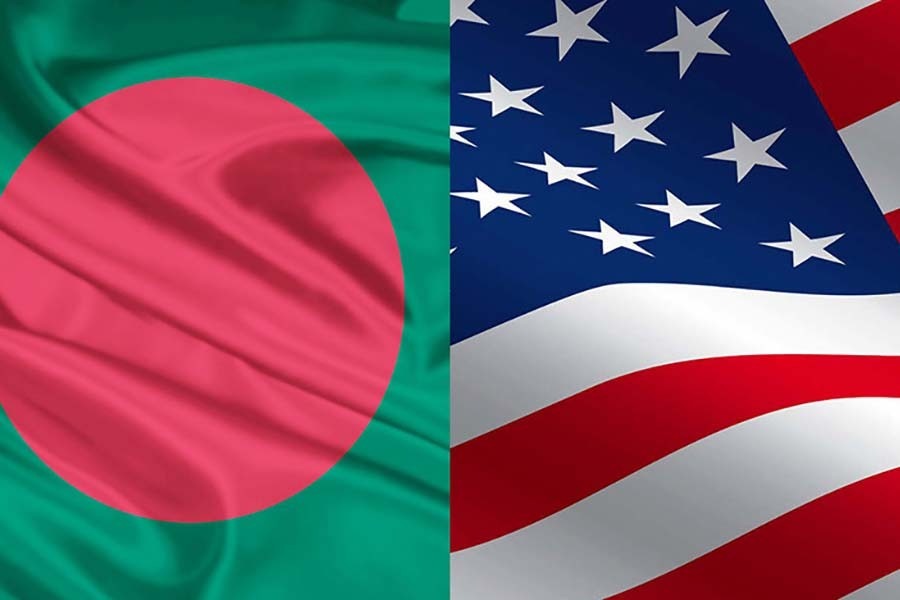
Published :
Updated :

Since the interim government assumed office, the first foreign delegation set to visit Bangladesh -- a high-profile one at that -- will be a US inter-agency team on September 14-15. According to media reports that cited top sources in Washington, the US delegation wants to initiate economic discussions with Bangladesh, intended to support one of the world's largest garment-exporting nations. This, again, is to strengthen its economy during a particularly challenging period.
The delegation will be led by the US Treasury Department and will include officials from various key agencies, such as the State Department, the US Agency for International Development (USAID), and the Office of the US Trade Representative. Brent Neiman, US Assistant Treasury Secretary for International Finance, has expressed optimism about Bangladesh's efforts to implement essential economic reforms, emphasising that the US hopes Bangladesh will address its economic vulnerabilities and lay a solid foundation for sustained growth and enhanced prosperity. He also highlighted Washington's intention to underscore its support for Bangladesh's ongoing collaboration with the International Monetary Fund (IMF) and other global financial institutions for enhanced economic growth by facilitating financial-sector reforms and improving fiscal sustainability. The discussions with the US team are expected to cover fiscal and monetary policy, as well as the health of the financial system.
Besides the issues that have surfaced lately in the country following the fall of the former government, about which the interim government is particularly concerned, there exist longstanding trade and commerce-related issues with the US that need to be resolved and eased. The scrapping of GSP by the US on some Bangladeshi products years ago is one to start with. Although the products are small in number, lifting of the embargo will surely demonstrate goodwill for bilateral trade. The US being the single largest export destination of Bangladesh's readymade garments, keeping up the export momentum is crucial not only for export but equally importantly for the nearly four million people employed in the sector. To make the process smooth, there is the need for easing procurement protocols that occasionally disrupt the export chain. Labour rights issues were a subject of concern for exports in the past. With things better placed now, including workplace environment, the Bangladesh side may seek support of the US while assuring the delegation of actions required for addressing the remaining irritants. Restoring the dismal financial and banking sector, rendered so by defaulted loans and money laundering, may figure as an important issue for discussion. Bangladesh side may seek US help in bringing back the laundered money by creating a mechanism involving international agencies. In the wake of the depleting foreign exchange reserves, Bangladesh may also seek US support in its engagements with the IMF and other international financial organisations. Currently, the interim government is in the process of negotiating a credit deal with the IMF.
The upcoming visit of the US delegation is expected to create a regular forum for discussion on economic matters from time to time with the prospect of opening up avenues for cooperation to the mutual benefit of both countries.


 For all latest news, follow The Financial Express Google News channel.
For all latest news, follow The Financial Express Google News channel.